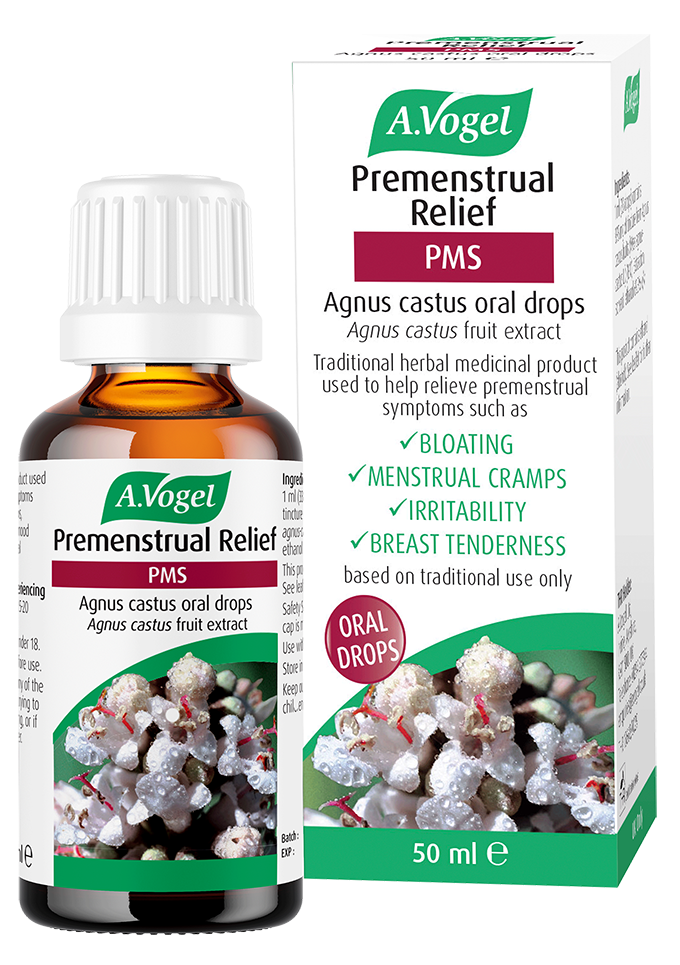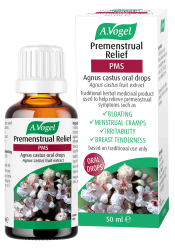Why are my period cramps worse at night?
Menstrual cramps can seem worse at night due to your heightened awareness when you finally stop and lie down at the end of the day. Your sleep position, hormone imbalance, lack of exercise, smoking, caffeine, diet, stress and mental health can also all contribute to painful periods at night.
What causes period pain to be worse at night?
Dysmenorrhea, the medical term for painful periods, is the most common gynaecological complaint experienced by women. It is thought among medical professionals that an increase in prostaglandins may cause the pain.
These substances cause the muscles of the uterus to contract, and if the muscles become too tight the blood flow can be reduced to this area, causing pain (1). In Traditional Chinese Medicine, this stagnation and constriction of blood flow is also believed to lead to pain.
At night time when we slow down and lie down, we can often be more aware of the cramps that we were distracted from during our busy day. This is why our cramps often seem worse at night. Sometimes it might even be as simple as how you are lying. Sleeping on your stomach can actually cause more pressure on the abdomen which can increase cramping.
What makes period cramps worse?
As well as being more aware of your cramps when you are less busy and you mind is calmer, other things could be contributing to your worsening period pain, both at night and during the day, these include:
1. Hormone imbalance
Oestrogen, progesterone and prolactin can all play a part. As can inflammatory markers like prostaglandins. However, focusing only on hormones is overly simplistic and doesn't give the full picture (2). Hormones often get the blame but often once the root cause is addressed the hormones tend to come back into balance naturally.
2. Diet
Diet plays a huge part, with research showing that a low-fat vegetarian diet can reduce the intensity and duration of dysmenorrhea (3). Another study, focusing on teenagers, found eating more fruit, eggs and fish helped ease cramps (4). Higher amounts of fibre were also found to help. On the other hand, diets high in fat and low in unrefined carbohydrates caused more cramps (5). The common sense correlation here is that, like with most ailments, a healthy whole food diet, with minimally processed food, is going to help!
3. Caffeine
While you're hopefully not drinking coffee before bed (and if you are please stop! Only drink it before midday if you must!), caffeine intake is associated with more severe cramps, regardless of when the coffee is consumed (6). Coffee alternatives like Bambu are a great option!
4. Smoking and Alcohol
Both cigarette smoking and regular alcohol intake are associated with more severe period pain. Quitting cigarettes and reducing alcohol intake throughout the month, but particularly around your period, can help (7),(8).
5. Lack of exercise
Exercising has been shown to improve many PMS symptoms including cramps (9),(10). If you don't feel up to a big workout during your period, that's normal. Gentle exercise like yoga, or just a walk, can help! Doing more intense aerobic and weight-lifting exercise throughout the rest of your cycle leading up to your period can reduce cramping too.
6. Stress and mental health
There is also a significant association between stress and the incidence of dysmenorrhoea. Those suffering from mental health problems like anxiety and depression also report higher levels of dysmenorrhea. (11)
How much period pain is normal?
Pain is always an indication from the body that something isn't right and needs our attention. So period pain is not normal. It is not normal for us to be in pain: in general, pain is a sign that something is out of balance.
That being said the majority of menstruating women do experience some pain on the day before their period and the first day or two of their bleed. But really that is an indication of how out of alignment we are with our own bodies and our own cycles rather than an excuse to accept painful periods as the norm. The process of menstruation was not designed to make us suffer!
I love the analogy of placing a sticker over a flashing light in your car when the petrol or oil is low. Can you imagine doing that? Of course not! If we don't acknowledge the warning signs and do something to fix the problem then the car will stop working. Our bodies are the same. When we simply medicate away the pain, whether with painkillers, or hormonal medications like the pill, we are suppressing the body's warning sign instead of listening.
The pain response in our bodies is there for a reason, it is an indication that something is out of balance and that we need to pay attention. I love the acronym for PAIN, used by many of my fellow practitioners: Pay Attention Inside Now. Instead of trying to avoid them by taking painkillers, I often suggest to my clients that they sit with the pain and listen.
So if you are experiencing menstrual cramps which are worse at night, the body is calling for you to listen in these dark hours of the night and to ask yourself, what is it that I truly need to bring my body and my cycle back into balance?
Natural solutions for period pain, especially when it strikes at night.
Menstrual cramps are hugely linked to lifestyle factors, potentially even more so than any hormonal imbalances. If we can acknowledge the pain we are feeling as we try to sleep in days leading up to menstruation and in the first days of our bleed, rather than medicating it away, we often can find a lot of insight and wisdom on what needs to change in our lives. The following list is not exhaustive but it might give you an idea of where to start.
1. Exercise
If you are not getting enough movement at present, this could be adding to the intensity of your cramps. Some gentle yoga in the evening before bed is great for when your cramps are worse at night. You can even do these simple poses in your pyjamas in bed!
2. Heat on the back or belly
Placing a hot water bottle on the lower back or abdomen is a tried and tested remedy for easing the pain associated with cramps (12).
 3. Change your sleeping positions
3. Change your sleeping positions
If you normally sleep on your belly you may find a side-lying position, like a foetal position or recovery position to be more helpful as it reduces the pressure on the abdomen, often relieving the pain.
4. Taking a hot bath
Light some candles and make your bath into a soothing self-care ritual for your body, mind and soul. Lavender essential oil can also help relax the muscles and the mind and can be a lovely addition to your bath.
5. Having an orgasm
Having sex during your period can help with symptoms of PMS including cramps. If you're worried about the mess, why not try sex in the shower, or you can both just hop in the shower afterwards. Sex doesn't need to be all about the orgasm of course, but for reducing pain during menstruation, the hormones released during orgasm are what is you're after! You can also just cut out the middle man (or woman) and choose self-pleasure instead. There's even a new term for masturbating during menstruation: "menstrubation", with scientific research to back it up! (13)
6. Rest
So often, this is what the body is calling out for when period pain strikes. Naturally, our energy levels rise around ovulation and dip premenstrually and during our period. If we can begin to acknowledge these cycles and adapt our lives around our cycles, allowing ourselves to rest more leading up to and during our period, this is a great first step to healing painful periods (14).
7. Meditation
Meditation has been shown to have incredible healing benefits for various pain disorders and chronic illnesses including dysmenorrhea (15). If you are new to meditation, I find apps like Insight Timer, Headspace and 10% Happier are a great place to start.
8. Herbal remedies
Herbal medicines like Agnus castus can be helpful in rebalancing hormones, particularly when periods are heavy and cycles are shorter than 28 days. Valerian is another herb that can help ease the tension and spasms associated with menstrual cramps. Both of these herbs are widely available from health food stores and many pharmacies.









